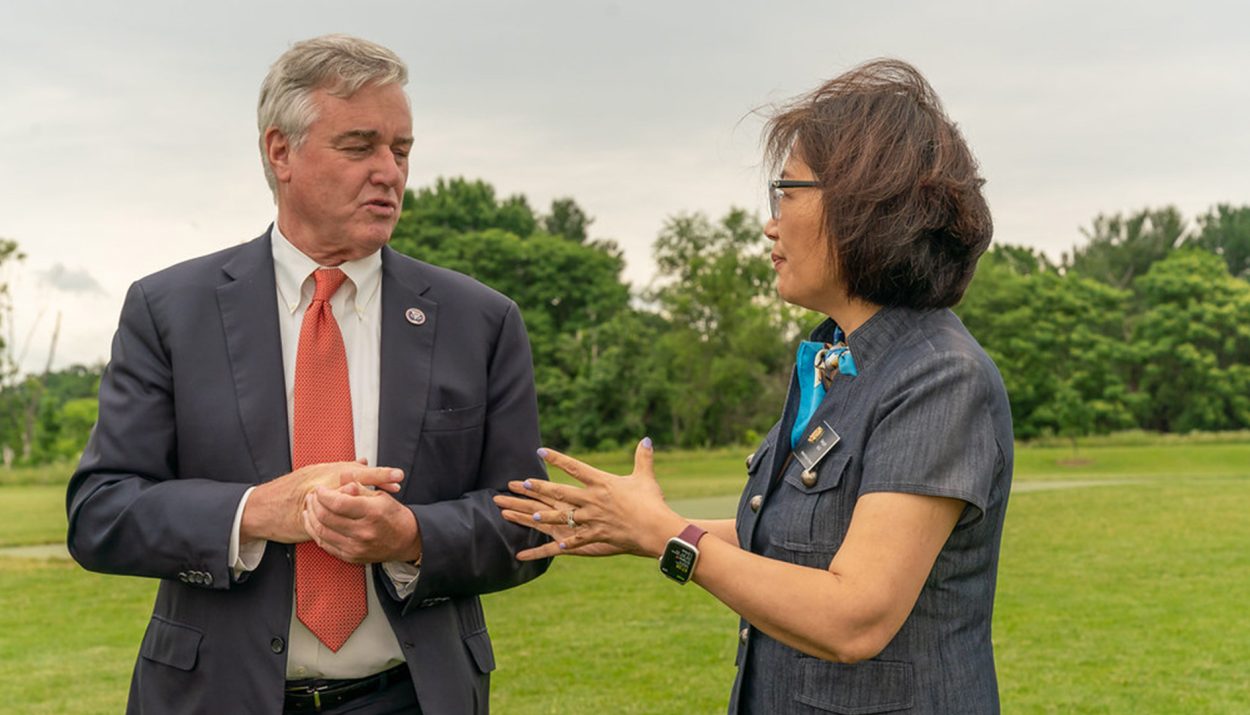In a shocking turn of events, the Democrat frontrunner in a closely watched Senate race uttered a racial slur during a House Budget Committee hearing on Thursday. The incident has sent shockwaves through the political landscape, casting a shadow over the candidate’s campaign and raising questions about the future of the race.
Rep. David Trone’s Controversial Remarks During House Hearing
During a heated exchange with Shalanda Young, the director of the Office of Budget and Management, Rep. David Trone, D-Md., used a disparaging term for Black people while discussing tax policy. The incident occurred as Young testified before the House Budget Committee, leaving those present stunned by Trone’s choice of words.
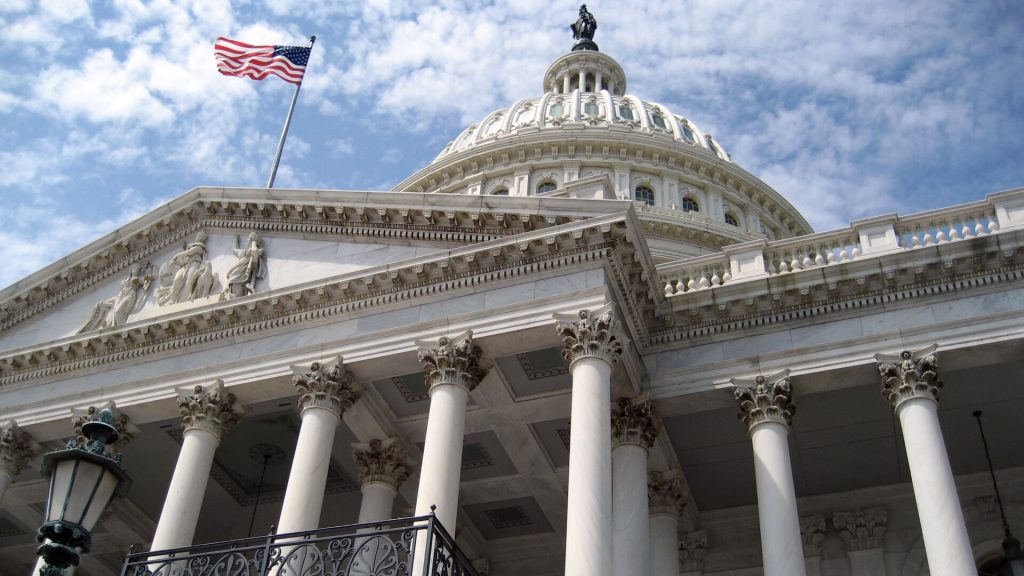
Trone’s remarks quickly drew condemnation from across the political spectrum, with many calling for an immediate apology and explanation. The incident has raised serious concerns about the congressman’s judgment and ability to represent his constituents effectively.
Trone Admits to Using Slur, Claims It Was Unintentional
When confronted by Fox News Digital about his use of the racial slur, Rep. Trone admitted to using the term but claimed that he had misspoken and intended to use a different word. In a statement, he acknowledged the offensive nature of the phrase and its dark history.
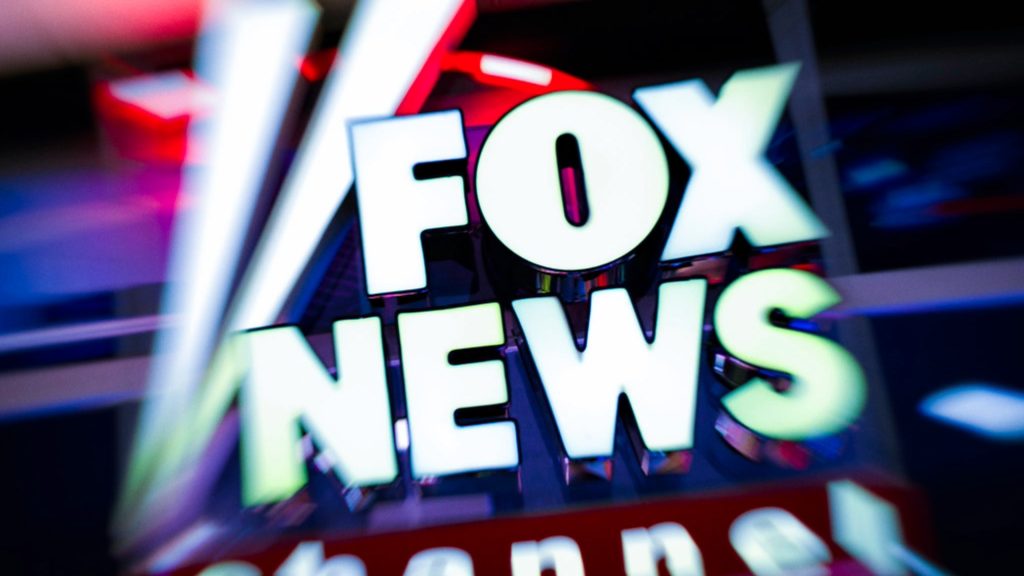
Trone, who is White, also recognized his privilege and the responsibility that comes with being an elected official. He emphasized that regardless of his intentions, he should not have used such language under any circumstances.
Trone’s Comments on Illegal Immigrants Spark Further Controversy
The racial slur incident is not the only controversy surrounding Rep. Trone’s campaign. Earlier this month, he faced criticism for comments made at a candidate forum, where he expressed support for granting citizenship and voting rights to millions of illegal immigrants residing in the U.S.

Trone’s stance on illegal immigration has further complicated his bid for the Senate, with some voters questioning his priorities and commitment to upholding the law. The issue is likely to remain a focal point as the campaign progresses.
A Crowded Democrat Primary Field
Despite the recent controversies, Rep. Trone maintains a fundraising and polling advantage in a crowded Democrat primary field. His closest challenger is Prince George’s County Executive Angela Alsobrooks, who is Black.
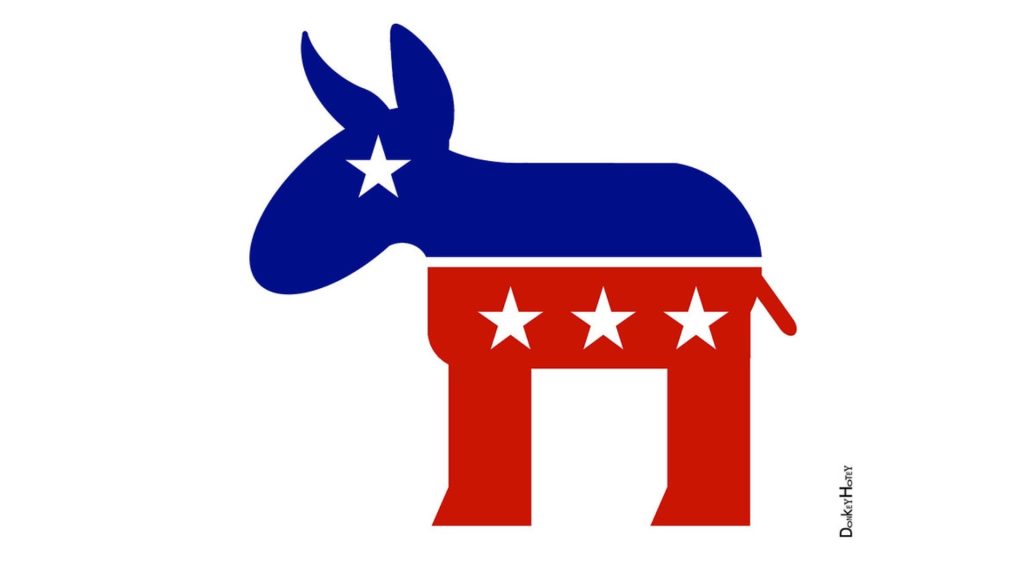
The incident has the potential to shake up the dynamics of the primary race, as voters weigh the importance of character and judgment alongside policy positions and experience. It remains to be seen how Trone’s campaign will navigate this challenging period.
The Potential Matchup Against Larry Hogan
If Rep. Trone secures the Democrat nomination, he will likely face Maryland’s former Republican governor, Larry Hogan, in the general election. Early polls suggested a tight race between the two, but recent developments may have shifted the landscape.
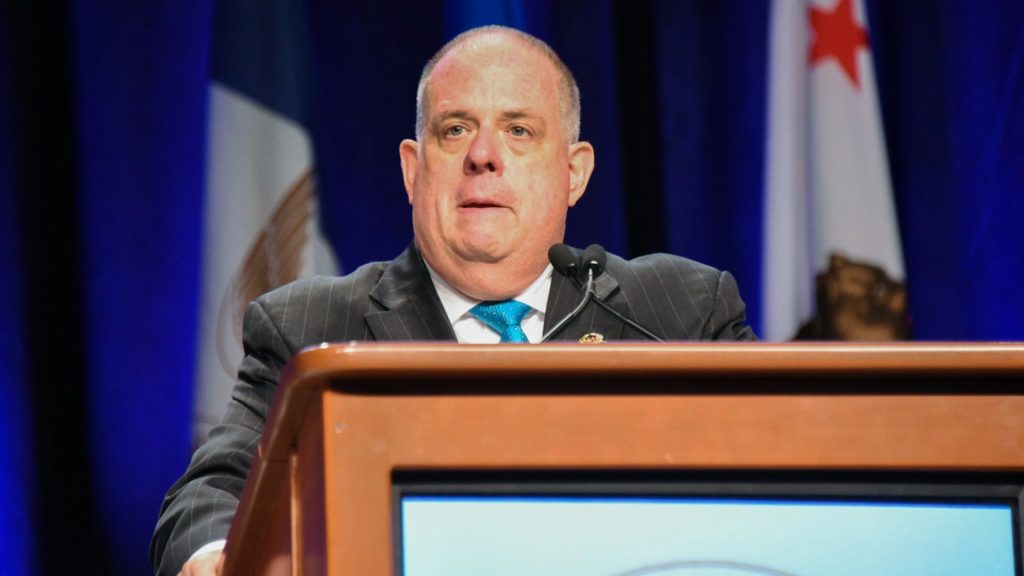
A Washington Post/University of Maryland poll released Wednesday showed Hogan with a double-digit lead over Trone. The former governor’s name recognition and high approval rating after his second term last year could pose a significant challenge to Democrats’ hopes of maintaining control of the Senate.
The Importance of the Maryland Senate Race
The Maryland Senate race has garnered national attention as one of the most closely watched contests in the upcoming election cycle. With control of the Senate hanging in the balance, both parties are investing heavily in the race.
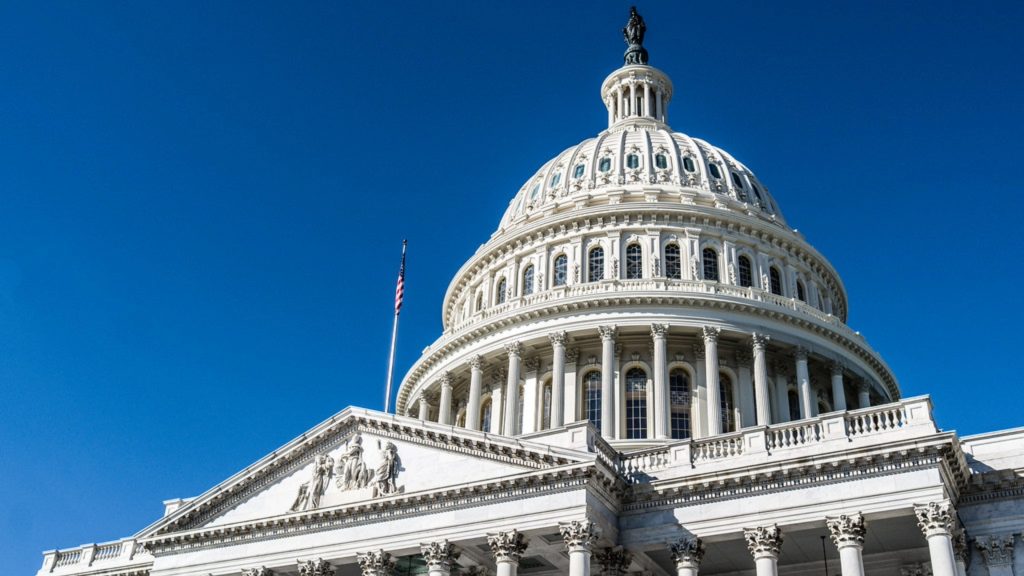
The outcome of the Maryland Senate race could have far-reaching implications for the balance of power in Washington and the ability of the next administration to advance its legislative agenda. As such, the actions and words of the candidates are under intense scrutiny.
Reactions from Political Analysts and Commentators
Political analysts and commentators have been quick to weigh in on the potential impact of Rep. Trone’s racial slur on the Senate race. Many have expressed concern about the message it sends to voters and the damage it may have done to his campaign.
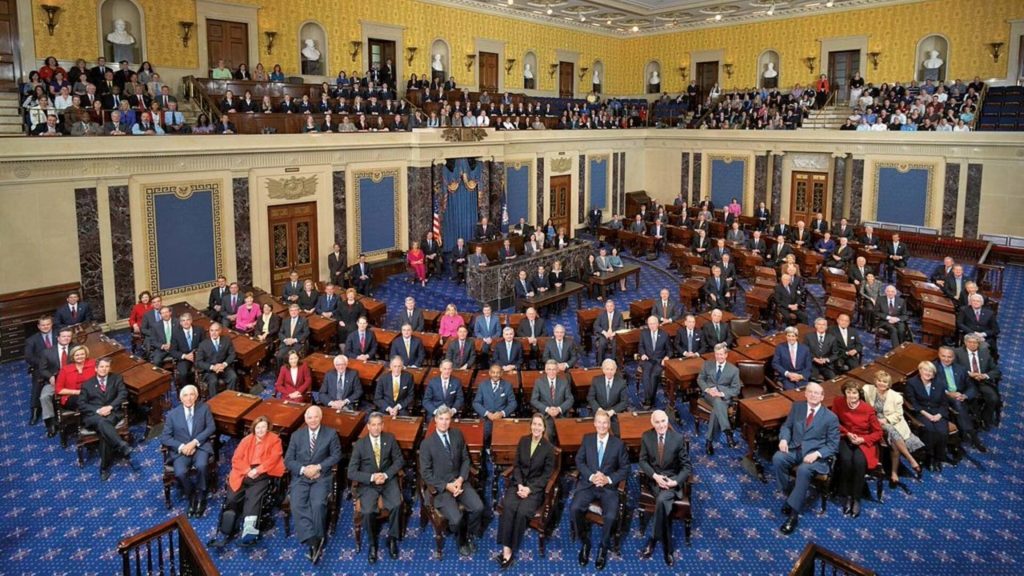
Some have suggested that the incident could provide an opening for Trone’s primary opponents to gain ground, while others have speculated that it may ultimately benefit Larry Hogan in the general election. Regardless, the controversy has injected a new level of uncertainty into an already competitive race.
The Need for Accountability and Healing
As the fallout from Rep. Trone’s comments continues, there are growing calls for accountability and healing. Many community leaders and activists have stressed the importance of addressing the harm caused by the use of racial slurs and the need for elected officials to be held to a higher standard.
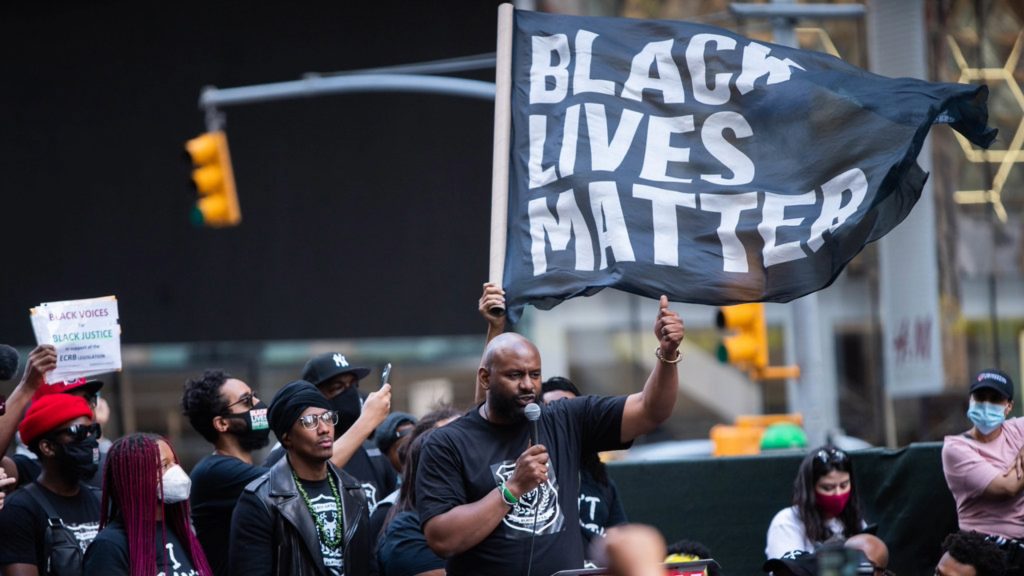
Moving forward, it will be crucial for candidates on both sides of the aisle to engage in thoughtful and respectful dialogue, working to bridge divides and bring communities together. Only by confronting these challenges head-on can we hope to build a more just and equitable society.
The Role of the Media in Covering Controversial Incidents
The media plays a critical role in shaping public perception and holding elected officials accountable for their words and actions. As the story of Rep. Trone’s racial slur continues to unfold, journalists have a responsibility to report the facts accurately and provide context for readers.

At the same time, the media needs to avoid sensationalizing the incident or engaging in speculation. By presenting a balanced and nuanced view of the situation, news outlets can help inform the public and encourage constructive dialogue.
The Impact on Voter Perceptions and Turnout
As the Maryland Senate race enters its final stretch, the impact of Rep. Trone’s racial slur on voter perceptions and turnout remains to be seen. Some analysts have suggested that the incident could depress turnout among key Democratic constituencies, particularly Black voters.

Others have argued that the controversy could galvanize voters on both sides of the aisle, leading to increased engagement and participation. Ultimately, the outcome of the race may hinge on which narrative prevails and how effectively the campaigns can mobilize their supporters.
The Importance of Diversity and Inclusion in Politics
The incident involving Rep. Trone’s use of a racial slur has once again highlighted the importance of diversity and inclusion in politics. As the nation becomes increasingly diverse, our elected officials must reflect the communities they serve and are sensitive to the experiences and concerns of all their constituents.
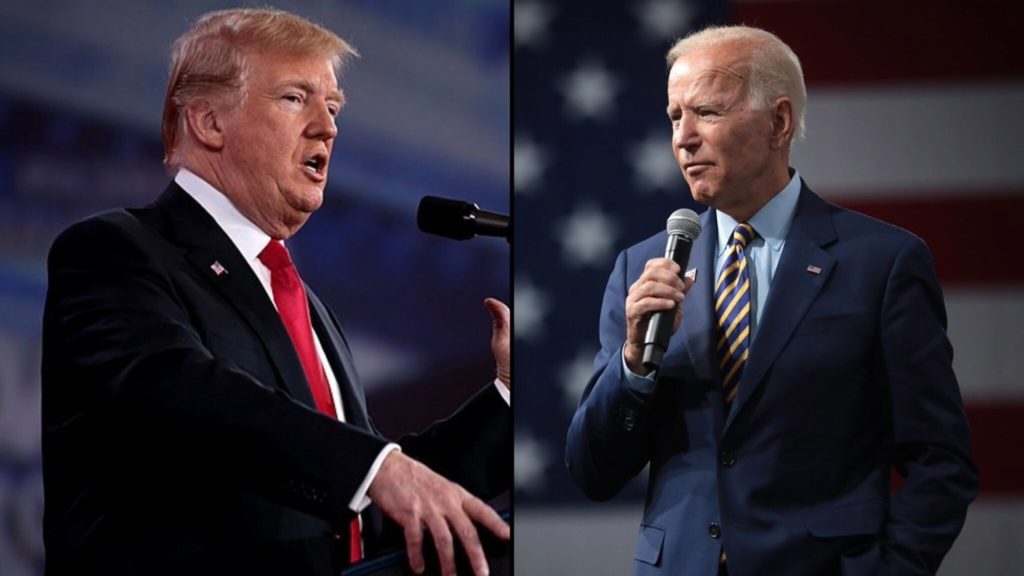
Moving forward, it will be essential for political parties and campaigns to prioritize the recruitment and support of candidates from a wide range of backgrounds and experiences. Only by building a more representative and inclusive political system can we hope to address the challenges facing our nation effectively.
The Need for Honest and Respectful Dialogue
In the wake of Rep. Trone’s controversial remarks, there is a growing recognition of the need for honest and respectful dialogue around issues of race and identity. While these conversations can be difficult and uncomfortable, they are essential to building a more just and equitable society.

Political leaders have a unique opportunity and responsibility to model this kind of constructive dialogue, working to bring people together across lines of difference and find common ground. By engaging in good faith efforts to listen, learn, and understand, we can begin to heal the divisions that have long plagued our nation.
The Road Ahead for the Maryland Senate Race
As the Maryland Senate race enters its final months, the road ahead remains uncertain. With Rep. Trone’s campaign reeling from the fallout of his racial slur and Larry Hogan gaining momentum, the dynamics of the race have shifted in ways that few could have predicted.
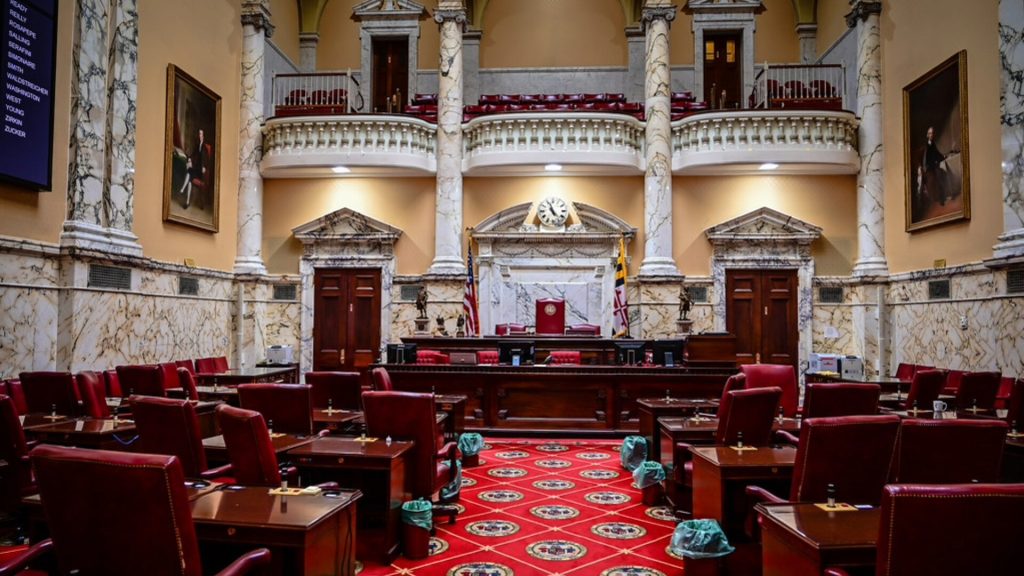
In the coming weeks and months, both campaigns will be working tirelessly to make their case to voters and build the coalitions necessary to secure victory in November. The outcome of the race will have significant implications not just for Maryland, but for the nation as a whole.
A Defining Moment for Our Politics and Our Nation
The controversy surrounding Rep. David Trone’s use of a racial slur during a House Budget Committee hearing has become a defining moment for our politics and our nation. It has exposed the deep-seated challenges we face in confronting issues of race and identity, and the urgent need for healing and reconciliation.

As we move forward, we must use this moment as an opportunity for growth and reflection. By engaging in honest and respectful dialogue, holding our leaders accountable, and working to build a more just and equitable society, we can begin to chart a new course for our politics and our nation. The road ahead may be difficult, but with courage, compassion, and a commitment to our shared values, we can emerge stronger and more united than ever before.

